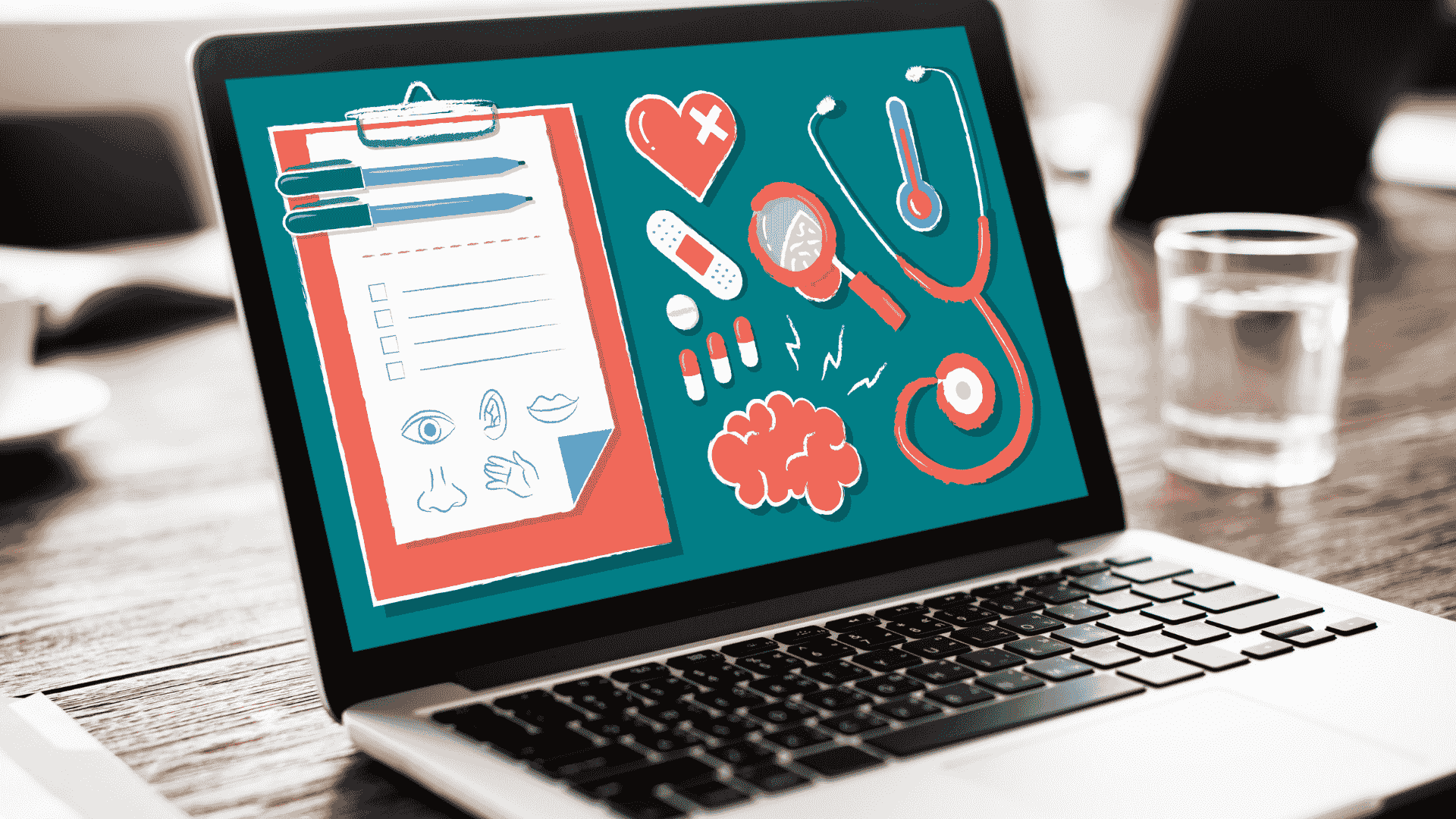Patient data should always be encrypted by EHR software! But Why? Data is the cornerstone of every system. It works as a foundation for evidence, valuable R&D insights, or something on which we make decisions. Without data, we will stand nowhere.
However, in the healthcare setup, the significance goes beyond just information. The foremost goal of healthcare data is improving patient outcomes. On average, organizations bear $9.42 million per incident to minimize data breaches. In order to handle the rising cyber-attacks, healthcare organizations need a compliant EHR system.
Therefore software must be breach-proof and perfectly compliant with HIPAA regulations.
Why is Healthcare Data a Target for Hackers?
Hackers most probably attack the healthcare sector, in order to get access to medical information. The significance of data associated with data is high because hackers can misuse such data to threaten patients.
They can also use the data for identity theft or simply exploit it on the dark web. Many homecare agencies still rely on obsolete storage systems that make them easy victims of hackers. Apart from this, the COVID-19 pandemic forced many medical professionals to work from a distance.
However, this gave rise to virtual health care. As there is rapid growth in this shift, the vulnerabilities also increase in the system.
How EHR Software Protects Patient Data in the Digital Age?
Modern medicine and digital technology move in parallel. A considerable flow of data within an EHR system has transformed care delivery. EHR security software safeguards patient data through the following approach:
Secure Cloud Storage Platforms
An EHR software solution classifies segment data storage into separate backups. In simple words, it makes several copies of the parent file. This is meant to ensure that if one area gets breached, the patient’s information isn’t put at stake.
Furthermore, it limits access to your server and keeps the room locked at all times.
Keep Medical Record Updated
Your patient’s medical records can only be kept secure with up-to-date versions of documentation. EHR software is easily customizable and updated when new versions are available.
Despite new features of EHR software, it is updated multiple times to boost security.
Updates every time make encryption more powerful than before. Thus making data unapproachable to hackers.
Implement Data Encryption Practices
Data is something that is always passed from one person or system to another. For example, if you send a patient’s EHR from your general physician practice to a surgeon, it is possibly at stake.
Therefore, patient data requires strong encryption. EHR software uses strong encryption features when transferring medical records, referrals, test results, and medications.
Use Strong Access Control Measures
Patient information is commonly regarded as confidential and much more sensitive. So every person in your homecare agency doesn’t necessarily need access to it. Only specified persons can access such information.
So, EHR software is given a command to allow only authorized persons to access that information. This limited access minimizes the chances for both intentional and inadvertent breaches and ensures visibility in security gaps.
Perhaps, there is a separate database for home care agencies with which EHR software integrates and guards the information. So no personal devices are allowed to access medical records. Even that information cannot be taken home.
What makes EHR software HIPAA Compliant?
EHR software is fully subjected to the demands of the HIPAA Security Regulations. The following are the major elements that make HIPAA-compliant EHR software:
- Firstly, the software must be related to access control tools like passwords and PIN codes. They serve to minimize access to patient’s electronic protected health information (ePHI) to allowed persons.
- Secondly, the platform must follow an encryption protocol. Once encryption is integrated with ePHI, it cannot be viewed, edited, or created except by authorized users who have a decryption key to access such information.
- Thirdly, it must contain an electronic audit trail function. This feature is meant to identify which person on staff has accessed information, made changes to it, and the exact time of those changes.
- Fourthly, a security risk assessment is conducted. This approach sheds light on different aspects of your homecare practice to determine possible security weaknesses and gaps.
Health Diary – Secure and Compliant EHR Software
Health Diary is one of the best and most trusted EHR technology solutions for home care agencies. It is the foundation of the most secure practices in the healthcare industry. Health Diary uses securely managed and persistently monitored servers.
The software undergoes SSL encryption. This is meant to ensure customer experience security at every level. Our EHR software solution is secure, compliant, and easy to use. Book A Demo.
FAQs
What is EHR Software?
An Electronic health record (EHR) is an electronic version of the medical history of patients. It is managed by the care provider.
What is the difference between EMR and EHR?
EHRs are managed by multiple care providers, on the contrary EMRs (Electronic Medical Records) are only managed by one caregiver.
What is the cost of EHR software?
According to the latest research, the cost is around $1200 annually for one user. But we can guarantee a more affordable choice with Health Diary.



